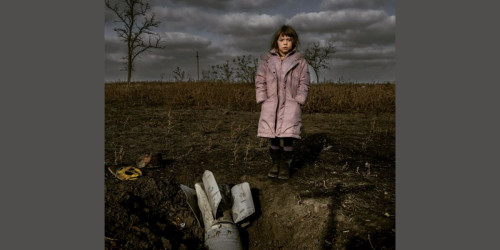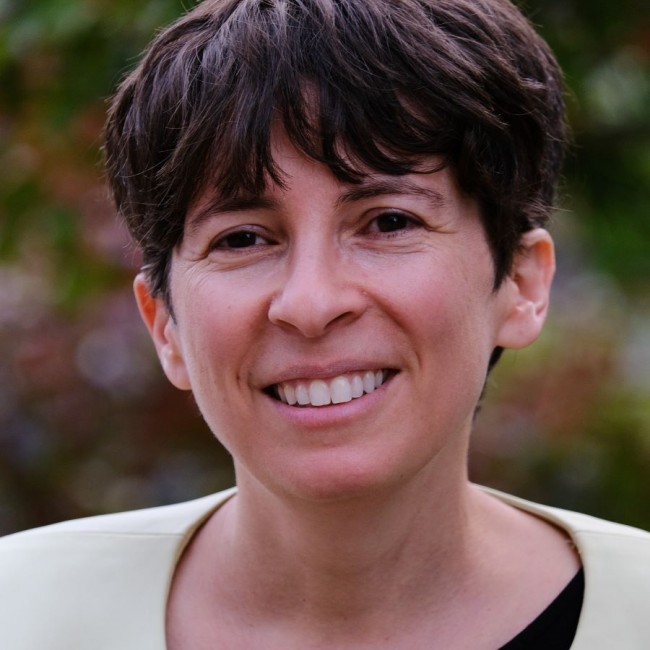Degrees and Honours
MA Psychology, Tel aviv University, Israel; PhD Psychology, University of Toronto, Canada
Membership of Professional Bodies / Associations
Experimental psychology society
International Society for Research on Emotion
Society for Neuroscience
Memory Disorders Research Society
Profile
Deborah is a cognitive neuroscientist, interested in emotional cognition - the effect that emotional value has on our cognitive system. She began her studies at the Adi Lautman Interdisciplinary Program for Outstanding Students at Tel Aviv University, Israel, where she also completed a Masters in cognitive psychology. She began work on emotional memory for her PhD, which she completed under the supervision of Morris Moscovitch at the University of Toronto, Canada. She then trained with Ray Dolan and Chris Frith as a postdoctoral fellow at the Wellcome Trust Centre for Neuroimaging in UCL, prior to taking up her first lectureship at the University of Manchester in 2009. Deborah remained in Manchester for ten years until 2019, during which time she was promoted to senior lecturer and also enjoyed a sabbatical visit at Princeton Neuroscience Institute, Princeton, USA.
She is an Associate Professor at the department of Psychology at the University of Cambridge and a director of studies in Psychology at Lucy Cavendish College.
Research Interests
The core of her research is the emotional value of the events that we experience. To induce emotional value in the lab she uses monetary reward, pain and taste stimuli, and pictures that depict distressing scenes. Her aim is to understand how our brains convert such input to neural representation of value and subjective feelings. Her main focus is on how the emotional value of experience influences later memory for these experiences. Emotional experiences are very different from neutral ones - for example, we pay more attention to them, and their links with other emotional experiences is readily apparent. Many aspects of what makes emotional experience unique will influence later memory for the experience, be it through its influences on encoding, storage, or retrieval. She would like to understand how these influences work together to change what we remember.
For more information please see her lab web page and profile on Google scholar. All of her recent papers are freely available on bioRxiv.


